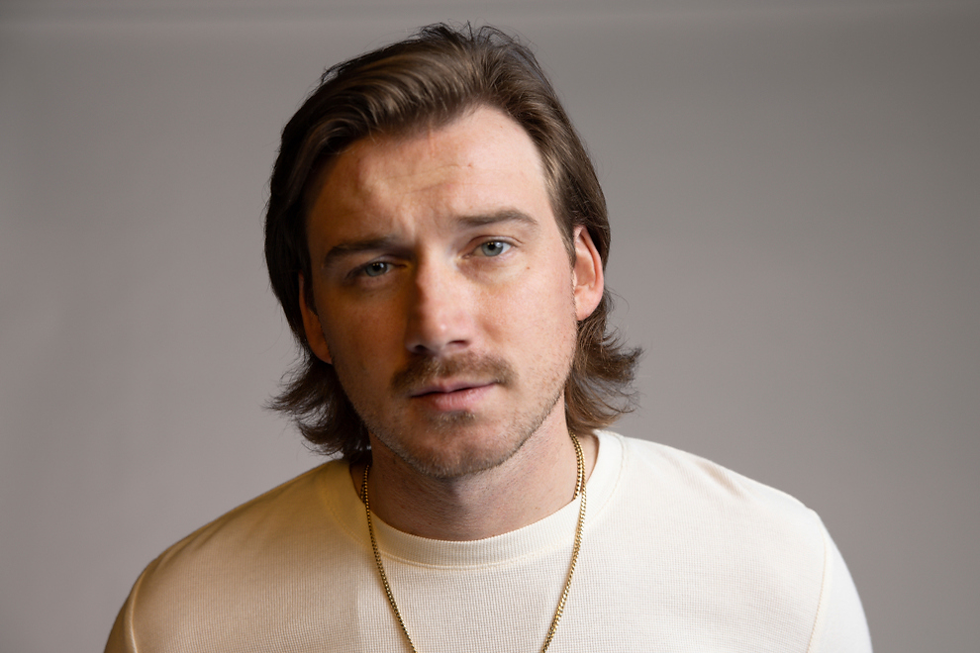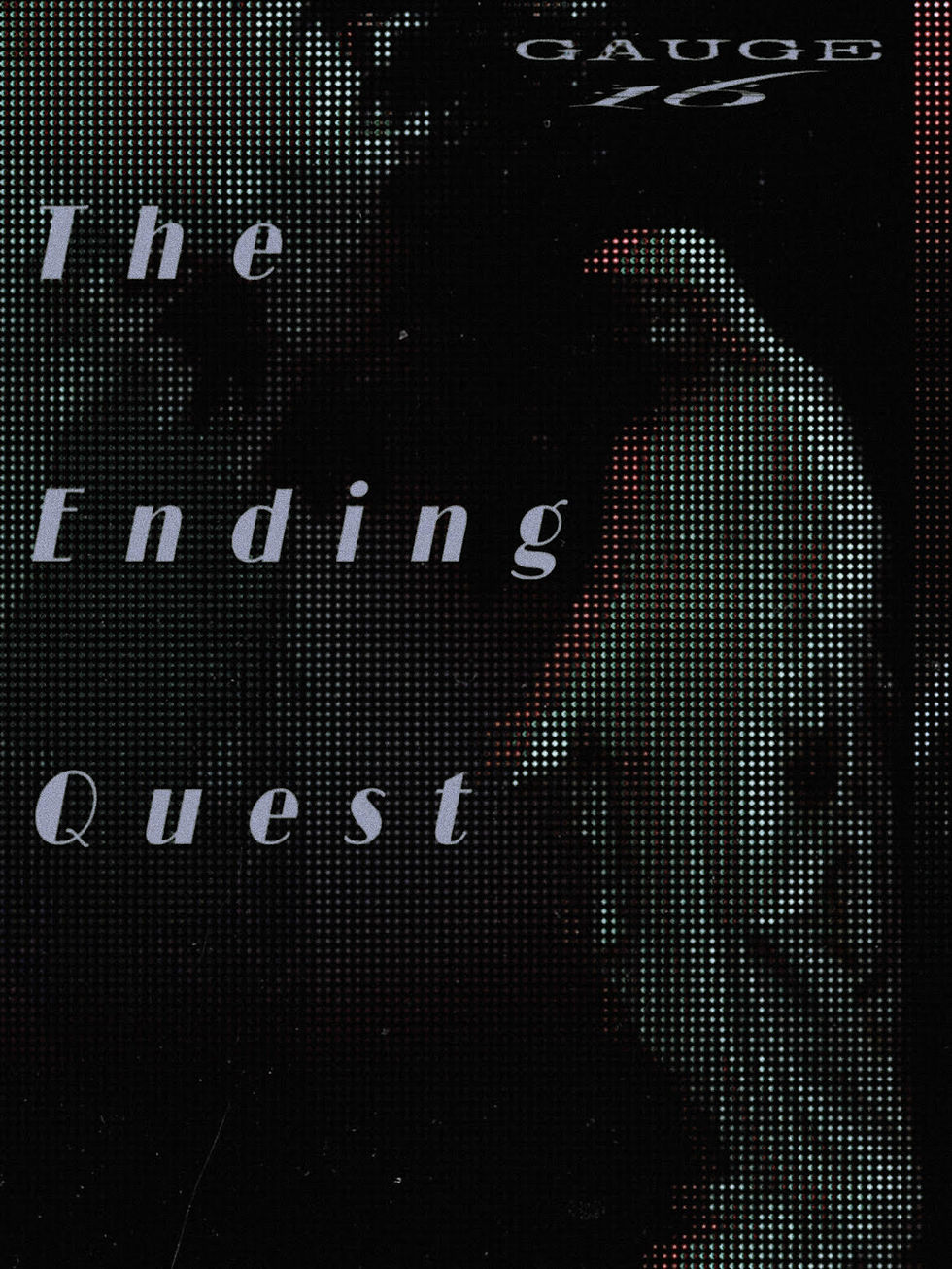Morgan Wallen is the New Nickelback: A Vital Cultural Analysis
- Nathan Weakley
- Sep 4, 2025
- 4 min read

Hey guys, I am here today to talk about country music. Or, to be specific, pop country, the kind being made by artists like Morgan Wallen, Bailey Zimmerman, Jelly Roll, and even crossovers like Post Malone. There’s no denying that the country music we’re hearing on the radio is not the same as it used to be. And I intend to take a short dive into what has changed and why.
Now, before I begin, I’ve got to say that very little empirical research will be involved here. I don’t have the time nor the resources for that. A lot of this is going to be vibe-oriented. But just trust me.
We can start by addressing the political side of the genre. Though its roots are wide-ranging and diverse, by now, most of us have come to associate country music with the American right wing. This phenomenon became more aggressive post-9/11, when a storm of jingoist, often xenophobic anthems overtook country stations, and things haven’t changed much since. The genre still serves and attempts to represent a Republican audience. It follows, then, that, as the nature of American conservatism changes, so does the nature of country music.
When I think of country, my mind still wanders initially to the kinds of artists my grandparents love, like Merle Haggard, Loretta Lynn, Lynn Anderson; the ones that came out of Nashville in the sixties and seventies. These artists represent conservatism in the old sense of the word. They were perfect protestants with perfect haircuts, inoffensive outfits, and teeth whiter than a picket fence. They appealed to the old sort of conservatives, the ones who were uncomfortable with things like cursing, sex, and open political discourse. But, by and large, that brand of conservatism doesn’t exist any more. It disappeared slowly, but we might use the election of Donald Trump in 2016 as a flashpoint; those old-school conservatives would not have thrown their support behind a man so vulgar and obscene, even if they agreed fully with his policies. So, it is natural that country music has changed similarly. Conservatism has become comfortable with obscenity, vulgarity, and non-traditional presentations, all of which used to be more so the territory of the radical left wing, and the genre of country music has followed suit. Country artists now curse and talk about sex and drug use without a hint of the mythologized moral context employed by older “outlaw country artists”. Some of them, like Jelly Roll, even have face tattoos.
But we must also talk about commerciality, and country music’s role in the mainstream. While the genre has seen some degree of mainstream popularity since the 1940s, things have never been quite like this. Country, for the last couple of years, has been dominating the charts, the radio airwaves, and even streaming services. It’s everywhere. The genre used to have crossover hits, but these days, it is a crossover hit, leaking into cultural spaces typically filled by pop, rock, and hip hop. This is partially due to the influence of those genres on modern country music. Now, country artists have long incorporated elements of more mainstream genres (like George Strait’s horrifically auto tuned 2001 hit “Stars on the Water”), but now, doing so has become the norm. Mass-appeal is the driving ethos of modern pop country, and so its artists are willing to take in whatever outside elements are necessary to achieve it. This can mean huge, over-produced pop choruses (Bailey Zimmerman’s “Rock and a Hard Place”, Post Malone’s “I Had Some Help”, Koe Wetzel’s “High Road”), or even trap drums (Hardy’s “Truck Bed”, Morgan Wallen’s “Wasted on You”, Brantley Gilbert’s “Rolex on a Redneck”).
So, acknowledging modern pop country’s commercial intent, astonishing mainstream success, and right-wing tendencies, we can move on to my final point. I believe that present-day country music is not merely filling the void left by older country, especially since that older country music appealed to a set of values that is no longer popular; rather, current pop country is filling the void left by butt rock.
Now, some of you might be asking, what in god’s name is butt rock? And really, I can’t explain it to you. It’s a vibe. It’s a feeling you get. Like, imagine you’re a guy named Mike wearing Oakley sunglasses in 2002, drunk-driving home from your favorite townie bar after your girlfriend confronted for hitting on other, much-younger women. What kind of music would you be listening to? That’s butt rock. “How You Remind Me” by Nickelback. “Blurry” by Puddle of Mudd. “Broken” by Seether. These are just examples. You know it when you hear it.
These parallels run deep guys. Think about it for a second. The weird lyrics, both self-abasing and arrogant (like, I’m a scumbag who’s drunk all the time and ruining every relationship in my life, but who cares?). The big pop choruses and ridiculous production budgets. The tendency to lean conservative and heteronormative, even when politics aren’t the topic of the songs. The way that people laugh about the music and refuse to take it seriously, but somehow it tops the charts month after month. Think about the singers’ messy personal lives, plagued by misdemeanor arrests and allegations of infidelity, drug use, and sometimes even abuse toward romantic partners. Am I talking about Zach Bryan or Puddle of Mudd’s Wes Scantlin? Morgan Wallen or Chad Kroeger? Is there any difference?
There are aesthetic similarities, too. Like, look at these album covers for a second. On the left, there are images of present-day country albums, and on the right, covers of 2000s butt rock classics.

And finally, maybe the most obvious observation: they sound pretty similar, right? Listen to “Need a Favor” by Jelly Roll, or “Bulletproof” by Nate Smith, or “Where it Ends” by Bailey Zimmerman. These were all massive hit country songs in 2023-2024, and they all sound basically like Nickelback.
The point is this; country music has exploded in popularity over the last few years partially because it has absorbed the cultural role formerly played by butt rock. Morgan Wallen is not the new George Strait or Kenny Chesney; he’s the new Chad Kroeger. Thank you for reading.






Comments